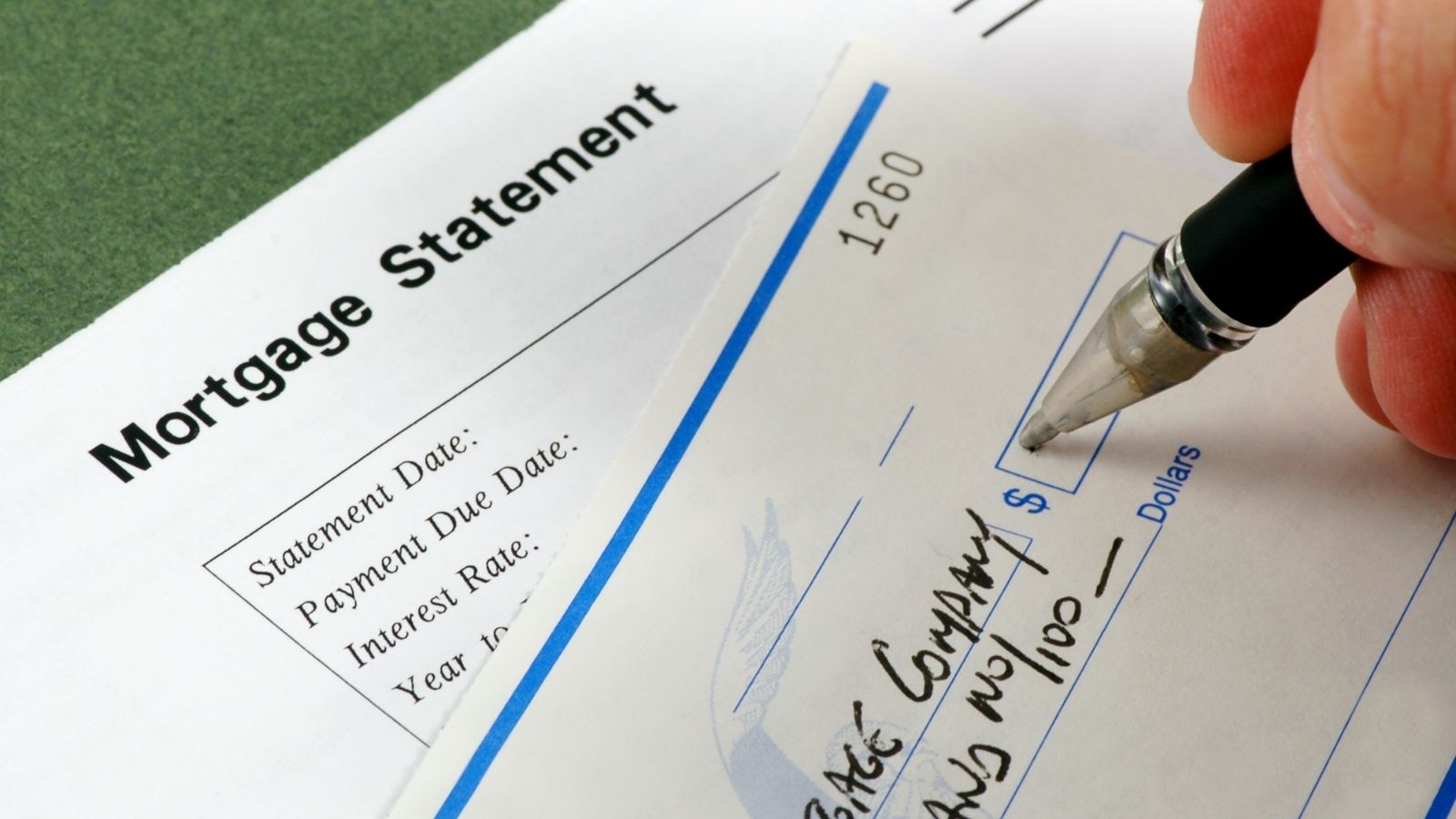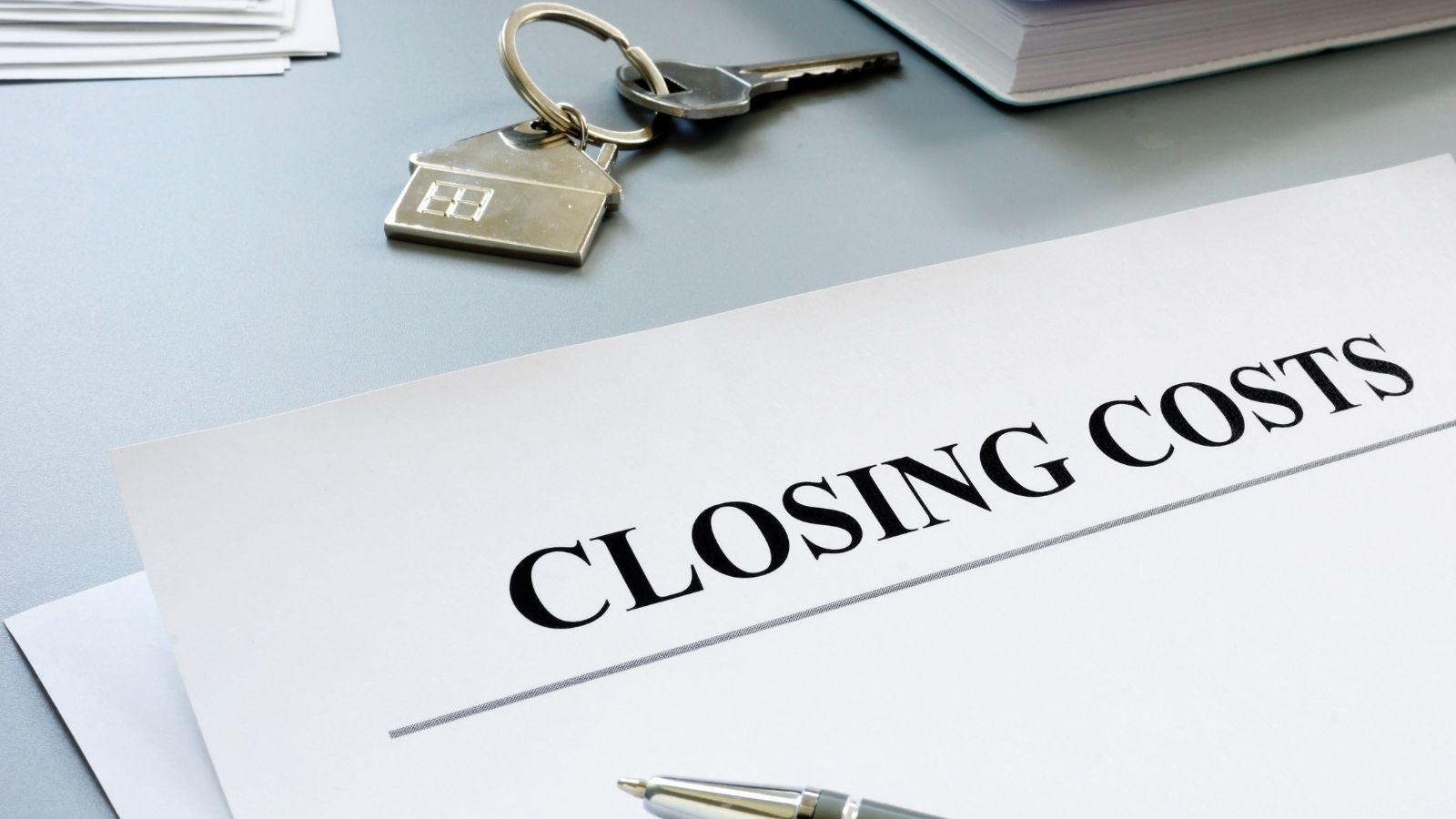Home sellers have plenty to do. They need to have their properties listed and advertised. Sellers are usually preparing their house for showings while they’re simultaneously reviewing other homes and neighborhoods that they’d consider living in. Sellers also have to review offers from potential buyers before selecting the right one.
It’s important to understand that home sellers don’t receive the entire asking price for their property. Other people that were involved in the process need to be paid for their efforts. There are multiple costs and fees that are paid at closing.
Selling a home in Utah can take time. The entire process may not be completed for several weeks or months. There are certain steps that need to be taken, and there may be delays or issues that have to be resolved from time to time. You should still be able to accomplish your goal in most instances. Patience, persistence, and a solid game plan can help you succeed.
Here are a few important things to know about what happens to the money when a house is sold:
1. The mortgage loan balance is paid.
If there is any outstanding loan balance, that amount will be paid to your mortgage lender. They should be able to provide you with the remaining amount due. Make sure to read your loan contract carefully in case there are any prepayment penalties for paying off your mortgage early. Any additional loans (such as home equity loans, for example) are also paid off at this time.

2. The realtor receives their commissions from the sale.
Your real estate agent will be paid their commissions. Commissions are usually around three to six percent of the home’s total sale price. You can talk to your realtor if you want to negotiate a lower commission amount or percentage. You could also list your home as for sale by owner. Just keep in mind that this will require a lot more work and you will be responsible for paying the commissions for the buyer’s realtor.
3. The home seller receives payment for the net proceeds.
The seller will receive their proceeds usually around the same time as the mortgage lender, real estate agent, title company and all other parties that must be paid for their efforts.
Utah is a wet state, which means that mortgage lenders release funds for a home purchase once the buyer has signed their loan paperwork, Home sellers in Utah can receive their net proceeds on closing day. The money is sent to the closing agent and the lender has already confirmed all of the buyer’s information.

4. The title/escrow company is paid.
The title or escrow company will also be paid for their services. Title/escrow agents are responsible for verifying that the property is in the seller’s name and checking to see if anyone else has claims against it. They help buyers to obtain title insurance that will protect them from any claims made against the home and usually set up an escrow account that will be used to pay for costs such as insurance premiums and property taxes.
5. Any outstanding liens against the property are paid.
The title or escrow agent will check to see if there are any outstanding debts against the home. If there are liens or other financial obligations, they will need to be paid before the seller can receive their proceeds. Those amounts will be deducted from the sale price of the house.

6. Homeowners association dues and taxes are paid as necessary.
Transfer taxes and any applicable homeowners association dues are also paid at closing. Property taxes may be included, although they are usually taken out of the escrow account. Your escrow/title agent or realtor should be able to help you determine what amount will be taken out to pay for those costs.
7. Home warranty companies and any other involved third parties are paid.
A home warranty is provided by a company that specializes in repair and replacement of electrical systems, heating and cooling equipment, plumbing systems and furnaces. Most home warranties are optional. They may need to be paid at closing before the home seller receives their proceeds. Any attorney fees or other charges may also be paid at closing as needed.
Sellers are typically responsible for paying for title insurance for the home seller. They also need to pay the commissions for their real estate agent. These are the only closing costs that most sellers are required to pay, unless there are other closing costs or other charges as agreed to in the purchase agreement.

It shouldn’t take too long to receive your proceeds from the transaction. The escrow or title agent will disburse the payments as needed. Most home sellers receive their money in a few days. Some transactions may take about a week or two, depending on when the sale is finalized and how long it takes to disperse the funds to all parties that need to be paid.
Once you’ve received your money, it’s yours to use as you wish. Just keep in mind that you may have to declare income from the sale on your tax return. You may be able to qualify for a capital gains exclusion on your income taxes. To claim this deduction, you must have owned the house that was sold for at least five years and have claimed it as your main residence for at least two years. Up to $250,000 can be claimed for people filing individually and up to $250,000 can be claimed by married couples who are filing jointly.
You could put part of the sale proceeds toward the purchase of another house, car or other big-ticket item or add it to your savings. Whatever you decide, you can breathe a sigh of relief now that the sale has been completed. It’s time to close that chapter and start looking forward to making new memories with family members and friends in a new location.
Contact Jackie Ruden Realty Team
Give us a call today at (435) 272-7710 to set up a time to discuss your current and future real estate goals in regards to buying a home or buying a property in trust. We look forward to working with you to make your goals a reality.





